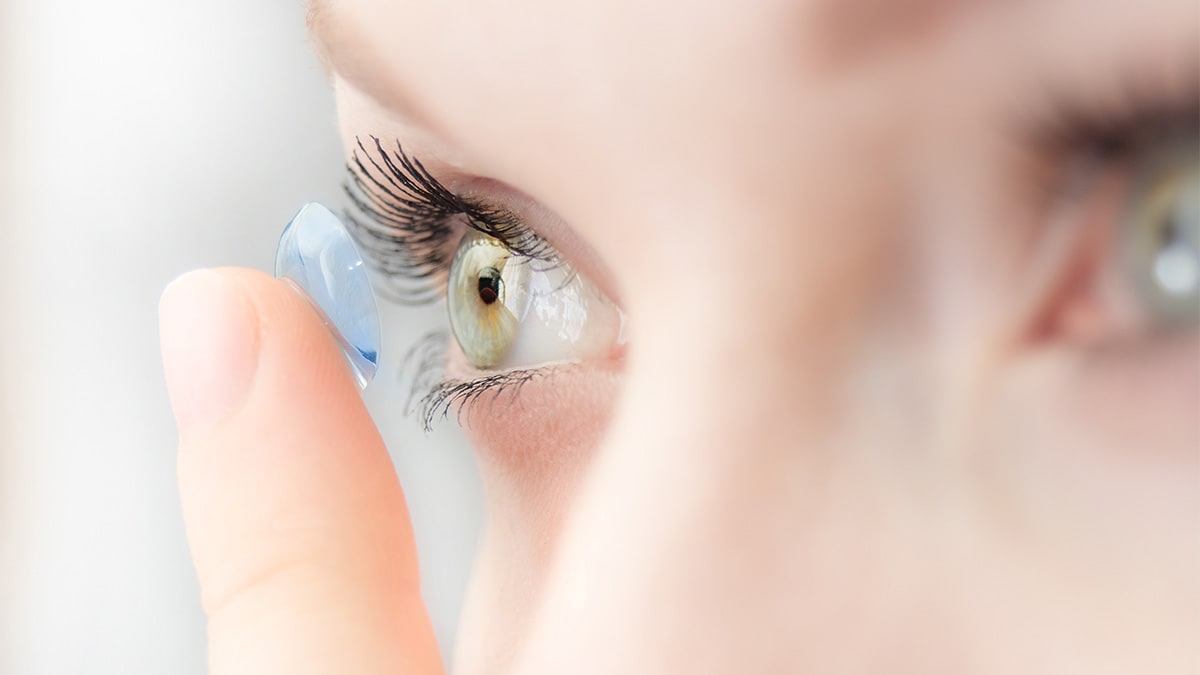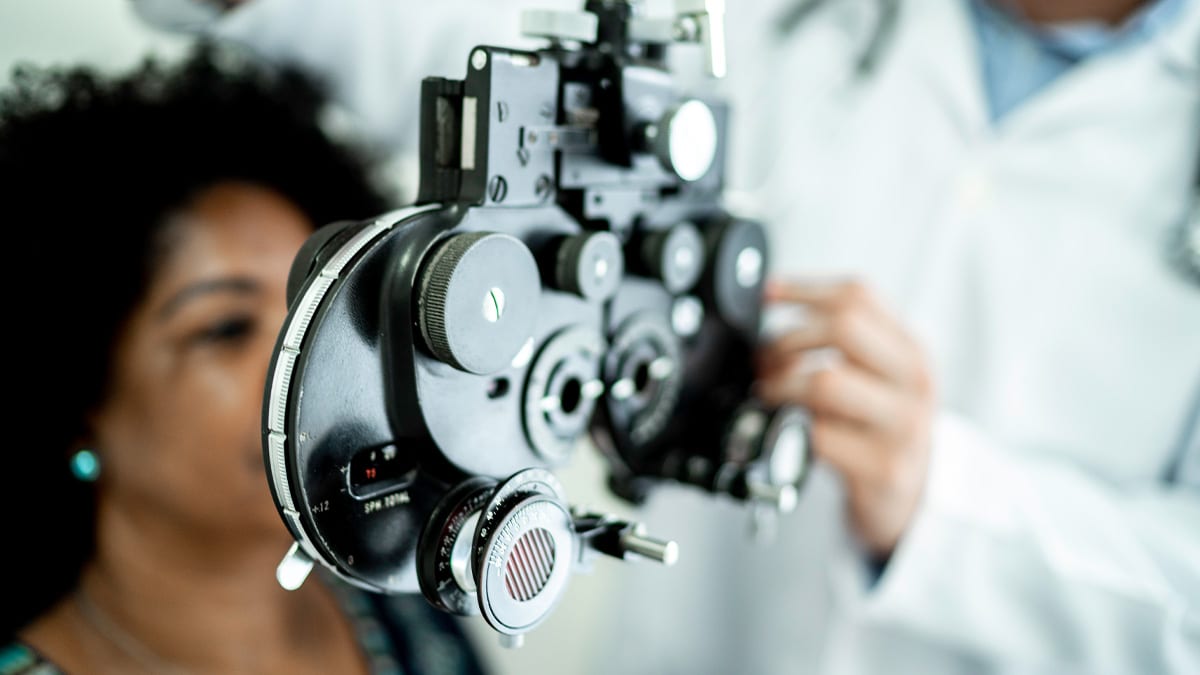At a glance
- Fungal keratitis is an eye infection that can lead to serious eye complications.
- Fungal keratitis can affect individuals who wear contact lenses and those who do not wear them.

What is fungal keratitis?
Fungal keratitis is an infection of the cornea (the clear dome covering the colored part of the eye) that is caused by a fungus. Some fungi that can cause fungal keratitis include:
- Fusarium species
- Aspergillus species
- Candida species
Fusarium and Aspergillus species live in the environment. Candida species normally live on human skin and on mucous membranes (for example, the lining of the eyes, nose, or mouth). Fungal keratitis is most common in tropical and subtropical regions of the world but can also occur in areas of the world with milder temperatures. It occurs more commonly in rural areas.
Symptoms
Fungal keratitis cannot be spread from person to person. Symptoms of fungal keratitis include:
- Eye pain
- Eye redness
- Blurred vision
- Sensitivity to light
- Excessive tearing
- Eye discharge
If you experience any of these symptoms, remove your contact lenses (if you wear them) and call your eye doctor immediately.
Prevention methods
Fungal keratitis is a very rare condition, but if left untreated, it can become serious and result in vision loss or blindness. If you experience unusual eye irritation, promptly remove your contact lenses.
Do not wear contact lenses again until advised by your eye doctor. Avoid unnecessary steroid eye drops, as steroids can make the infections worse. Wear protective eyewear when performing tasks that may put you at risk for eye trauma involving plants, such as agricultural work.

During an eye examination, your eye doctor may take a tiny scraping of your cornea for analysis. This sample will then be sent to a laboratory for further examination and diagnosis.
Fungal keratitis must be treated with prescription antifungal medicine for several months. Patients who do not get better with antifungal eye drops and oral medications may require surgery, including a cornea transplant.
